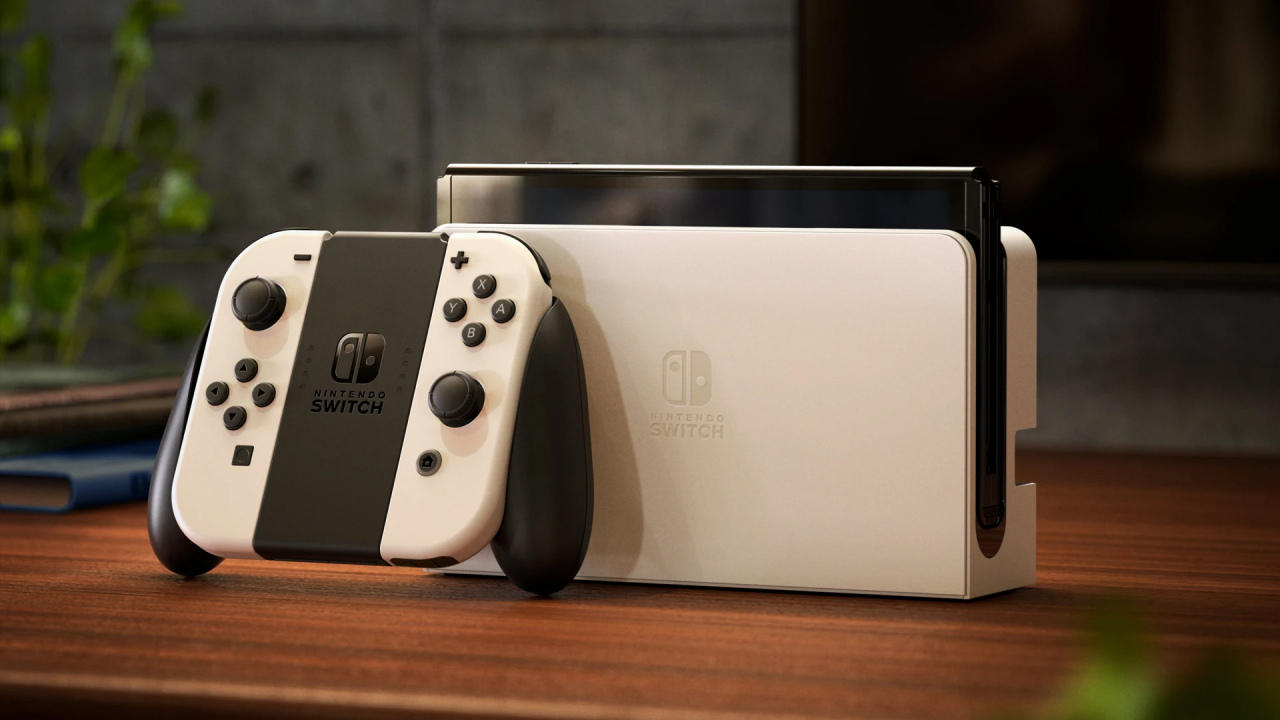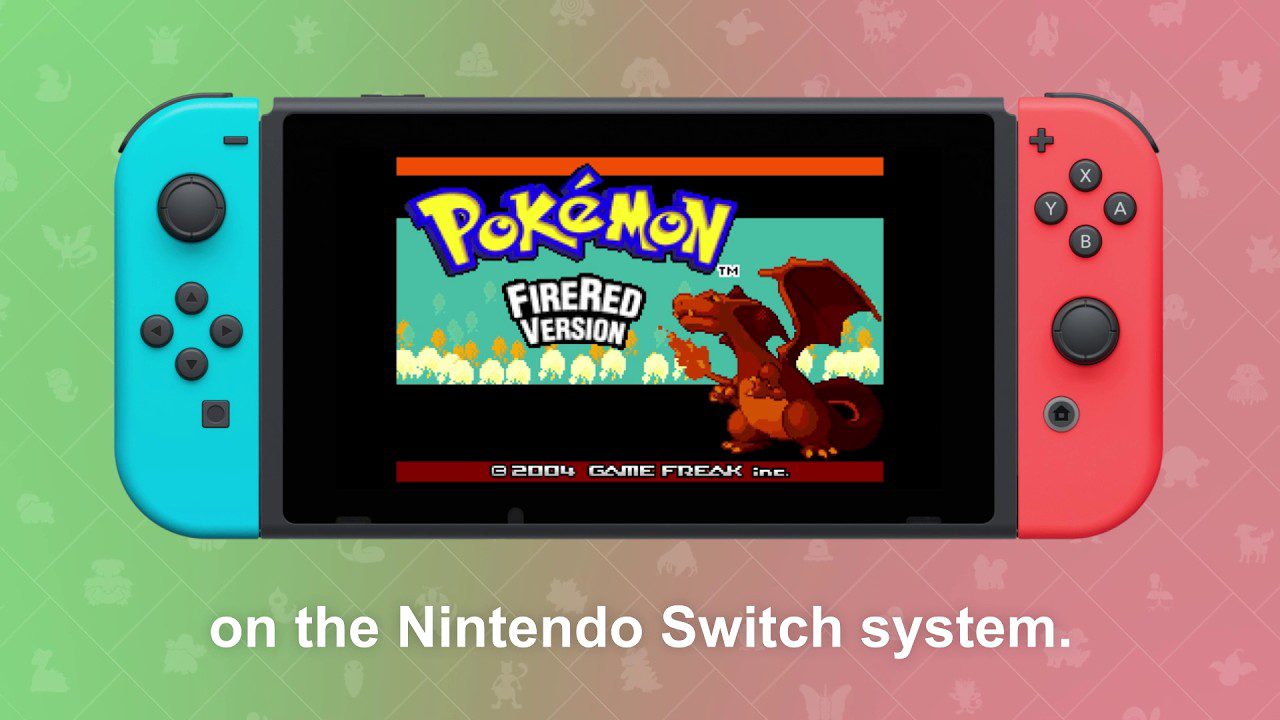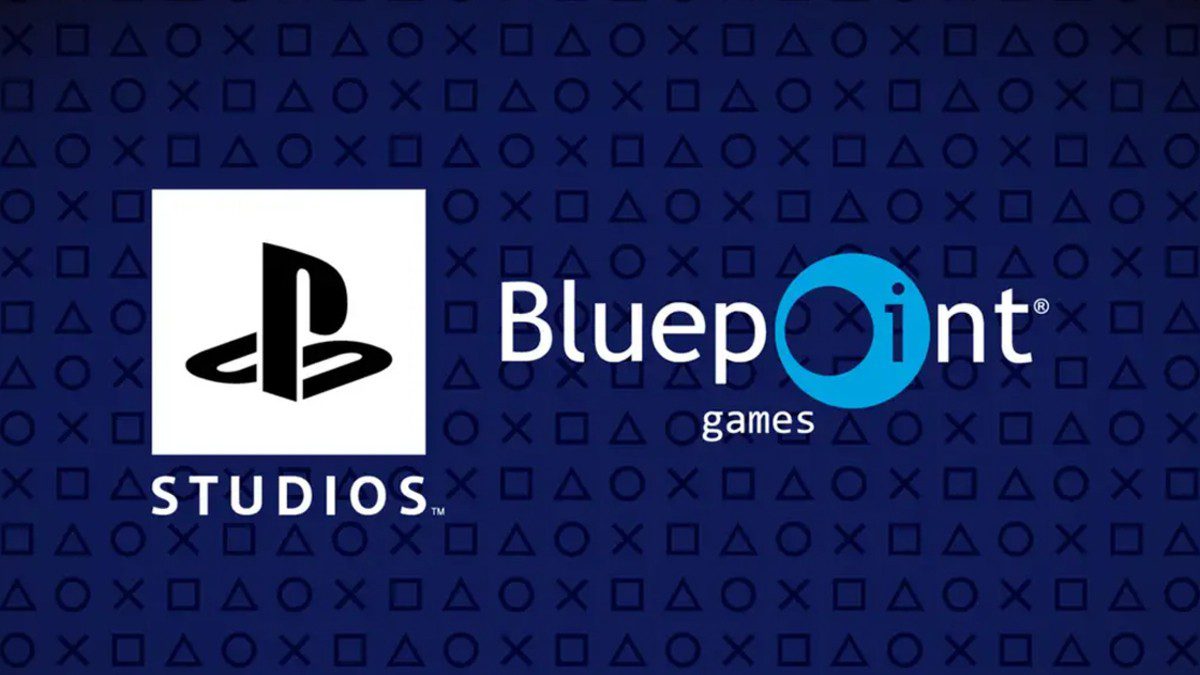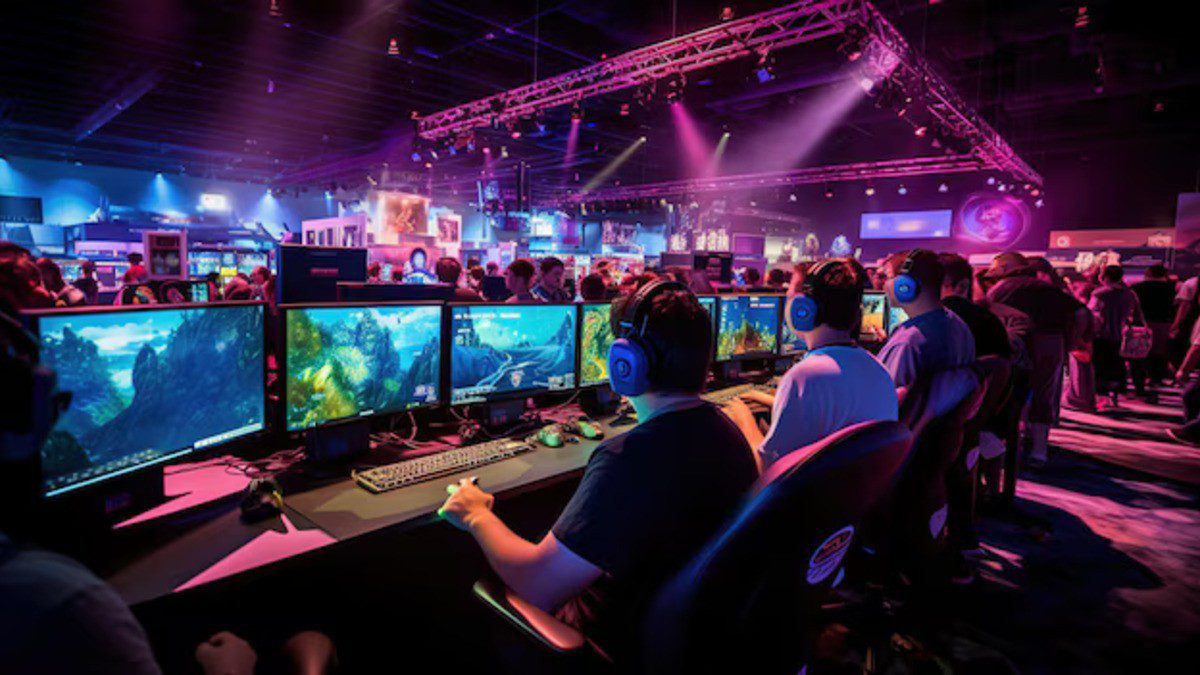Nintendo has recently updated its End User License Agreement (EULA), and the gaming community is buzzing with reactions. The changes, which took effect in May 2025, introduce a significant shift in how disputes between users and Nintendo can be resolved. Specifically, the new EULA prevents users from filing class-action lawsuits against the company, instead requiring arbitration on an individual basis.
What Changed in Nintendo’s EULA?
The most controversial update is found in Section 16, which explicitly states that users waive their right to sue Nintendo in court, participate in a class-action lawsuit, or have a trial by jury. Instead, disputes must be resolved through arbitration, a legal process that typically favors corporations over consumers due to its private nature and limited appeal options.
Nintendo does offer an opt-out clause, allowing users to reject the arbitration requirement by sending a written notice to Nintendo within 30 days of agreeing to the EULA. However, many gamers feel this is an inadequate safeguard.
The response from the gaming community has been overwhelmingly negative. Many players see this move as an attempt by Nintendo to shield itself from future lawsuits, particularly regarding hardware issues like the infamous Joy-Con drift.
On gaming forums, users have expressed frustration, with some calling the update “scummy” and others questioning its legality. Some players believe the clause won’t hold up in court, especially in countries where consumer rights laws prevent companies from enforcing such agreements.
Others speculate that Nintendo is preemptively protecting itself from potential lawsuits related to the upcoming Nintendo Switch 2 and its new Joy-Con 2 controllers. Given the backlash Nintendo faced over Joy-Con drift in the past, this change seems like a strategic legal maneuver.
What Does This Mean for Gamers?
For now, Nintendo users must decide whether to accept the new terms or opt out within the 30-day window. While arbitration can sometimes lead to quicker resolutions, it also limits consumer power by preventing collective legal action.
This update raises broader concerns about corporate accountability in gaming. As more companies adopt similar legal strategies, gamers may need to pay closer attention to the fine print before agreeing to new terms.










